Tesla's EV sales are slipping – here's what that means for electric car buyers
More choice, more tech and more affordable Teslas are coming
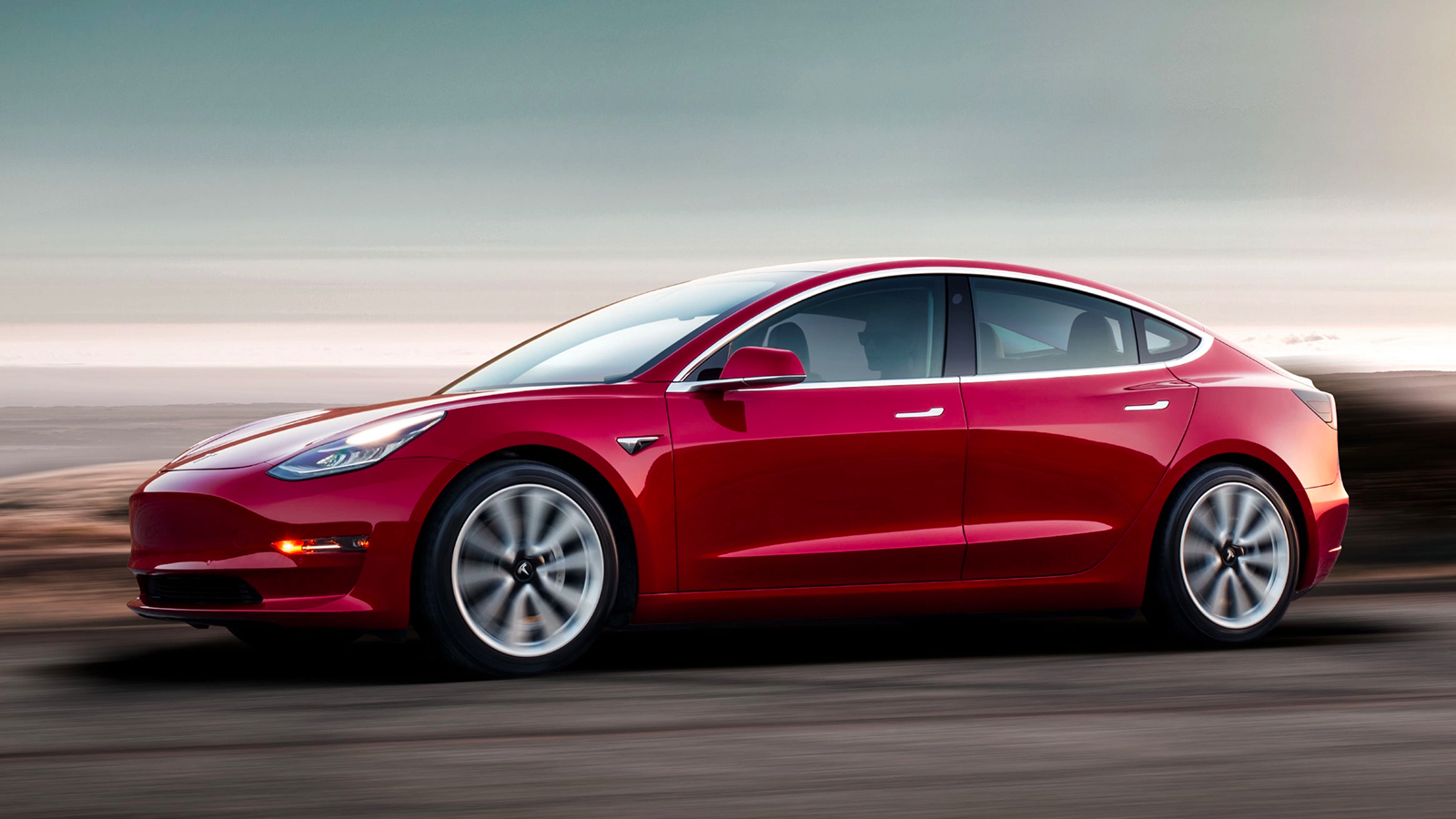
Elon Musk regularly trades places with LVMH tycoon Bernard Arnault for the title of world’s richest person, with seemingly every utterance on Twitter, every word spoken on a podcast and every Cybertruck announcement impacting the way Tesla's stock tracks on the daily.
But if there’s one thing that’s going to impact a company’s value, it is Tesla’s share of the global EV market. In the first quarter of this year, it boasted a massive 62 per cent slice in the US, while it beat China’s BYD Auto to a global market share of 20 per cent in quarter two of 2023, according to Counterpoint Research.
Despite this, industry insiders believe this vice-like grip is gradually loosening, with data analytics company Experian highlighting the fact Tesla's overall EV market dominance in the US has decreased from 79.4 per cent in 2020 to 65.4 per cent at the end of 2022, while the most recent count pegs it at around 56.5 per cent, according to Business Insider. In marketshare terms, that’s dropping like a stone.
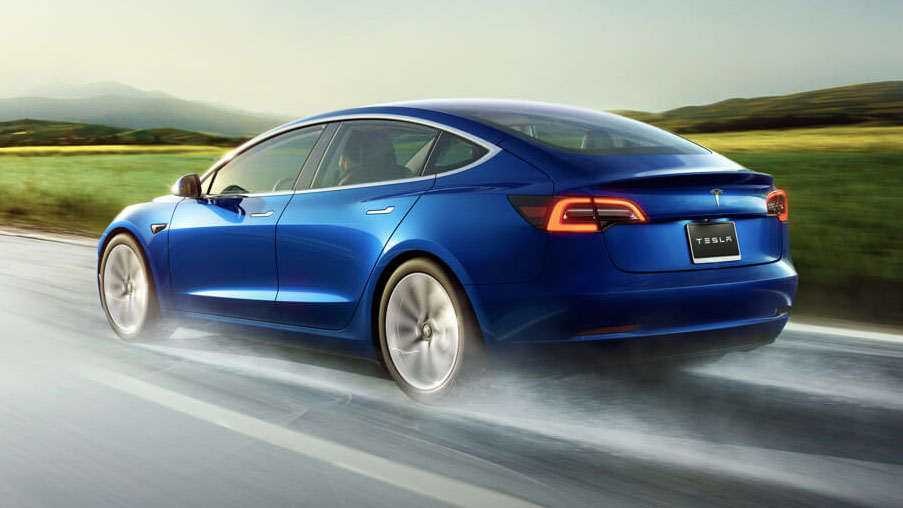
This was always going to happen. Until now, Tesla has enjoyed practically unchallenged EV sales dominance thanks to legacy automakers resting on their laurels and failing to act on the most seismic change the auto industry has witnessed, well, forever.
That's now changing and this newly fired-up competition is only going to be beneficial for the consumer, whether that's Tesla fans, those wanting to stick to tried-and-trusted manufacturers, or those who are looking towards the Asian markets for answers.
The threat from China
NIO, Xpeng, Zeekr and Wuling are all names that those in the West are probably only just starting to become aware of, but all pose a major threat to Tesla's market share.
However, it is the Warren Buffet-backed BYD that is already causing headaches for Musk, with its Atto 3 proving the best-selling EV in Sweden in July, according to Electrek, while the company's various other relatively affordable models have been attracting attention all over the globe. It's now a monthly battle between Tesla and BYD for the global EV seller top spot.
Sign up for breaking news, reviews, opinion, top tech deals, and more.
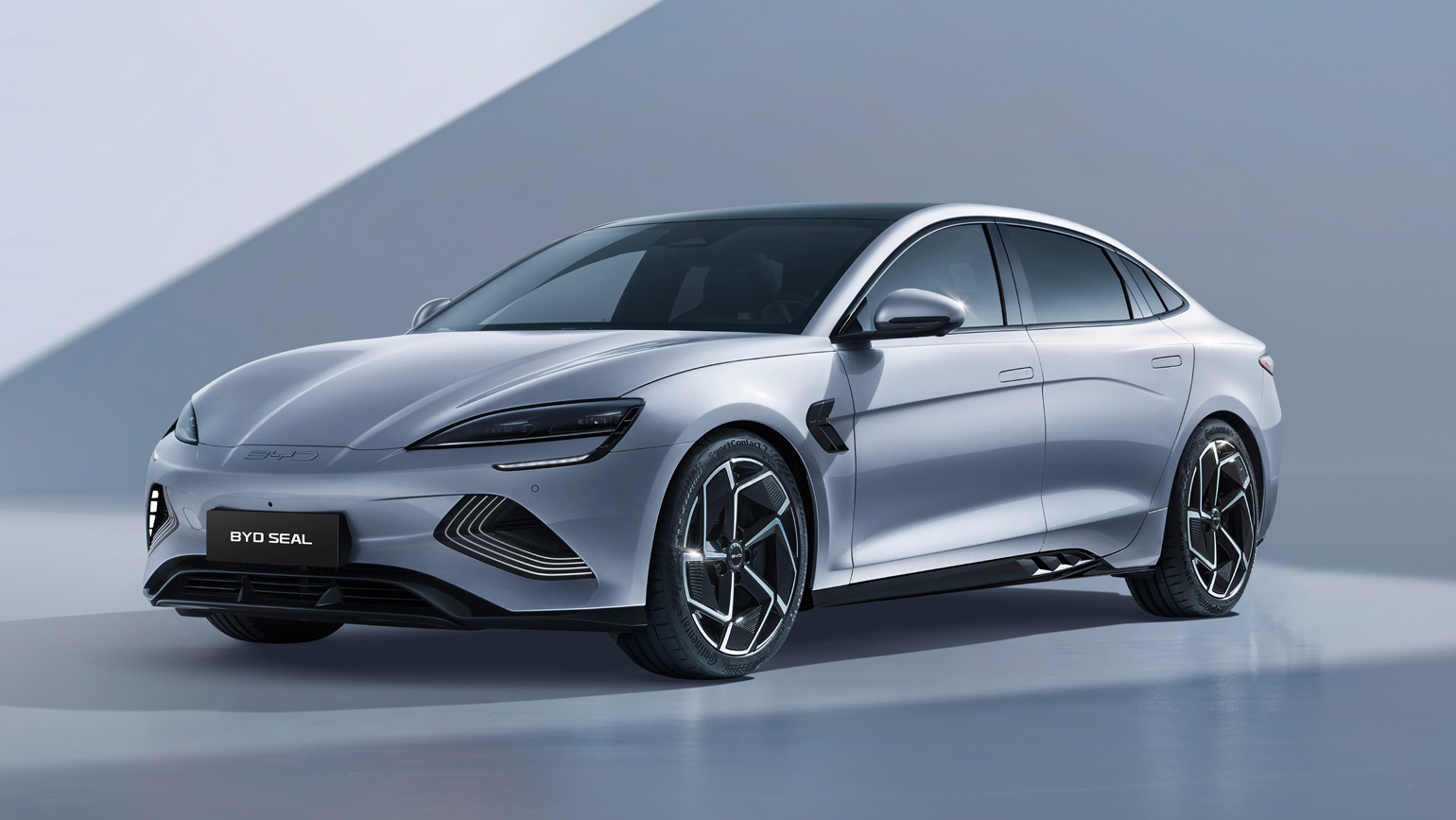
What's more, the fact that the auto industry has been caught snoozing on China means that it is now no longer the nation that will deliver "cheap and cheerful" vehicles of questionable build quality, but real competitors to the long-standing automotive establishment.
The bottom line is that Tesla has been caught napping almost as badly as the aforementioned BMW, Mercedes-Benz, Ford and many other automotive stalwarts.
In fact, early reviews of models like Nio's luxurious ET5 by Autocar and other revered motoring titles have been favorable. In fact, Autocar awarded it 4/5 stars and surmised that it is "good to look at and to drive. This newcomer is already a very credible rival to the BMW i4 and Tesla Model 3". Similar stories can be told of BYD's Seal and Dolphin, both of which offer fantastic value for money.
The bottom line is that Tesla has been caught napping almost as badly as the aforementioned BMW, Mercedes-Benz, Ford and many other automotive stalwarts.
This increasing rivalry from the East is only going to force Tesla to come up with an answer, whether that's new models (beyond the Cybertruck), refreshed technology or even cheaper price points. And all of that is on the cards.
Cheaper EVs are coming
In the EV world, attentions are focussed on creating more affordable EV options that will finally see the masses convert to electrification, thanks to a lack of compromise on electric range and build quality.
Renault recently announced that it is reviving the Twingo name for a 2026 launch, where it will be one of the cheapest EVs in Europe at €20,000 (£17,000). In the same year, Kia aims to sell its upcoming diminutive and much anticipated EV 2 for less than $30,000 / £25,000 / AUS$45,000, while Jeep's recently released electric Avenger has gone on sale in the UK and Europe costing a snip over £35,000 / €39,000. Sadly, Jeep feels it is too small for the US market.
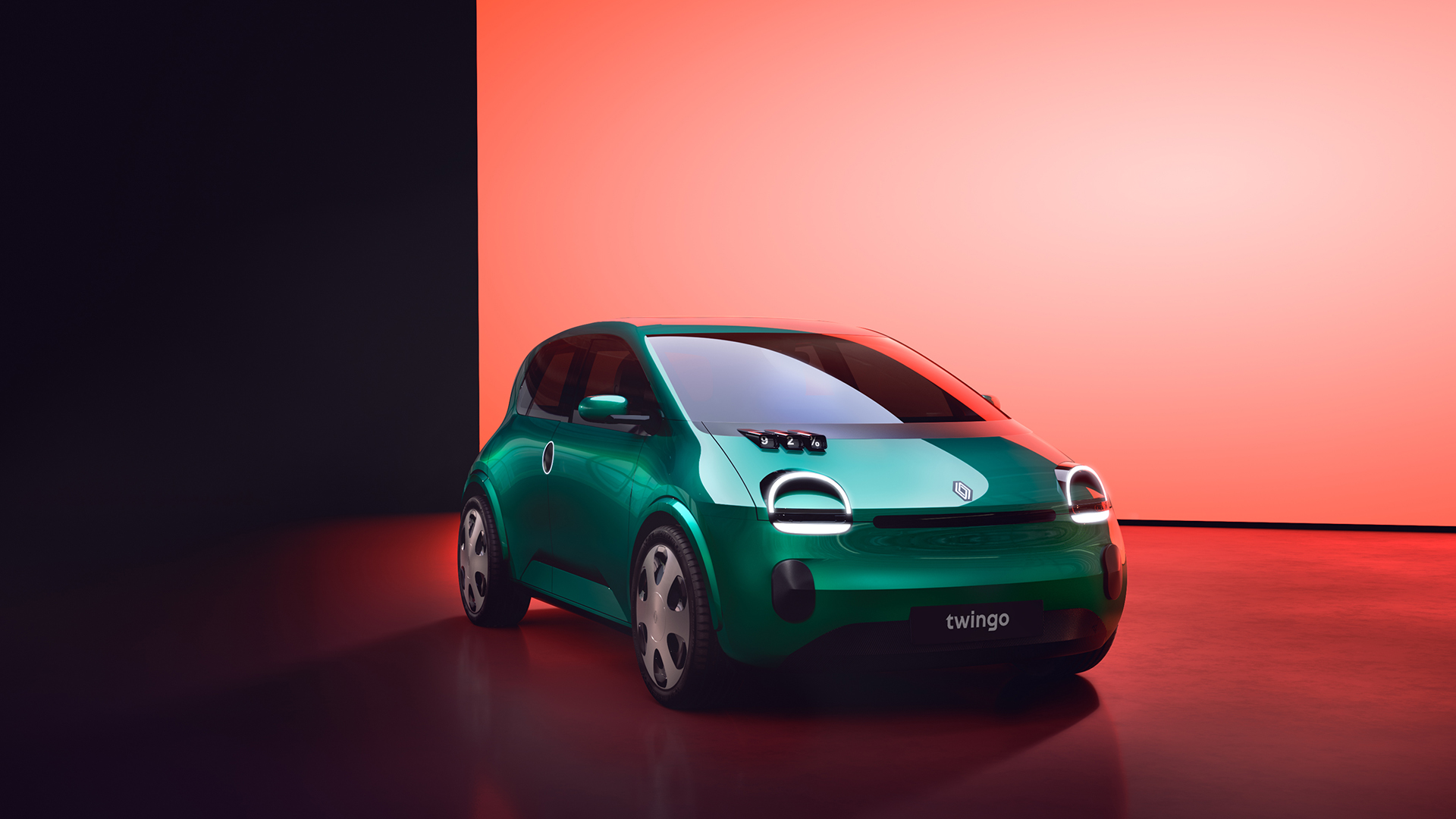
Producing an affordable EV that is both profitable for its maker and appeals to the masses is the ultimate goal and, predictably, Tesla has reacted. It has already stated that it plans to break into the affordable electric car market by launching a €25,000 ($26,838) car that will sit below – and cost half as much as – the current Model 3.
However, a lot of this hinges on the cost of batteries and the raw materials that are required to make them. According to some, like Benchmark Mineral Intelligence analyst Evan Hartley, these prices have been falling in recent months, to the point that "decreasing cell prices could allow [manufacturers] to sell mass market electric vehicles at comparable prices to internal combustion engine vehicles, with the same margin, improving the attractiveness of the EV transition for both consumers and automakers."
Tesla will improve the charging network
The increasing pressure on Tesla's overall EV sales has seen it cleverly move into other key electric vehicle markets. For a start, it has started selling its Supercharger technology to EV charging providers.
Offering up these white-labelled, ready-to-rock fast charging systems has already landed deals worth hundreds of millions of dollars from the likes of BP and the EG Group, both of which are set to install hundreds of its Supercharger stations across the UK, Europe and North America. This is music to the ears of EV owners.
With most governments already falling behind their own self-imposed EV charging outlet install quotas, Tesla could be set to make a tidy profit from offering reliable, tried-and-tested hardware.
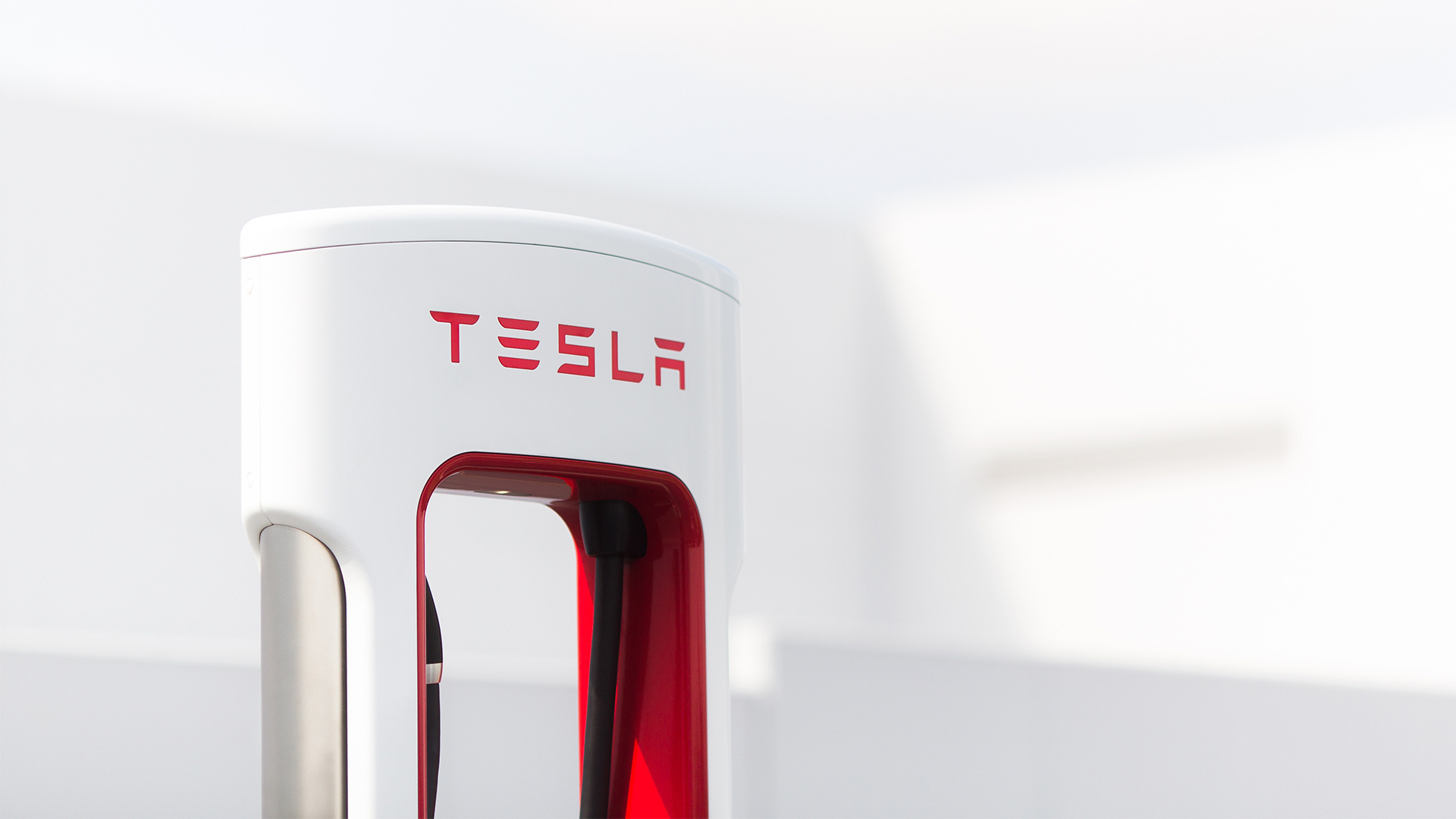
The Tesla Supercharger network is far from perfect, but it is more predictable than rival offerings from various start-ups, it is often the best maintained and the easiest to use. What's more, there are simply more of them, seeing as Tesla has been busy installing its Supercharger outlets long before the mass adoptions of EVs.
The fact Tesla is offering up its technology as a quasi-plug and play solution means more energy providers, shopping mall owners, car parks and even hotel chains could be convinced to buy in bulk.
Musk’s company is also a major player in the energy sector, offering similar plug-and-play solar, Powerwall and Megapack battery storage solutions.
Seeing as EVs will only become more of a burden on the grid as uptake increases, energy providers will be looking towards local green solutions as an answer.
Public charging stations with solar and battery storage capabilities are just the tip of the iceberg and could help iron out some of the faults that currently plague the network.
That's (in-car) entertainment
Tesla, with its fancy connected infotainment system, arguably introduced the automotive world to 'automotive services', or pay-as-you-go features that customers can activate through the vehicle’s touchscreen. You’ve bought the car, now it’s time to lease those premium features.
Most of the payments are typically via a subscription plan, increasing Tesla’s cashflow on a monthly basis.
In 2022, Tesla’s second biggest revenue segment was "services as other revenue", which brought in $6.1billion, equating to a 60 per cent increase when compared to the previous year, according to Business Insider.
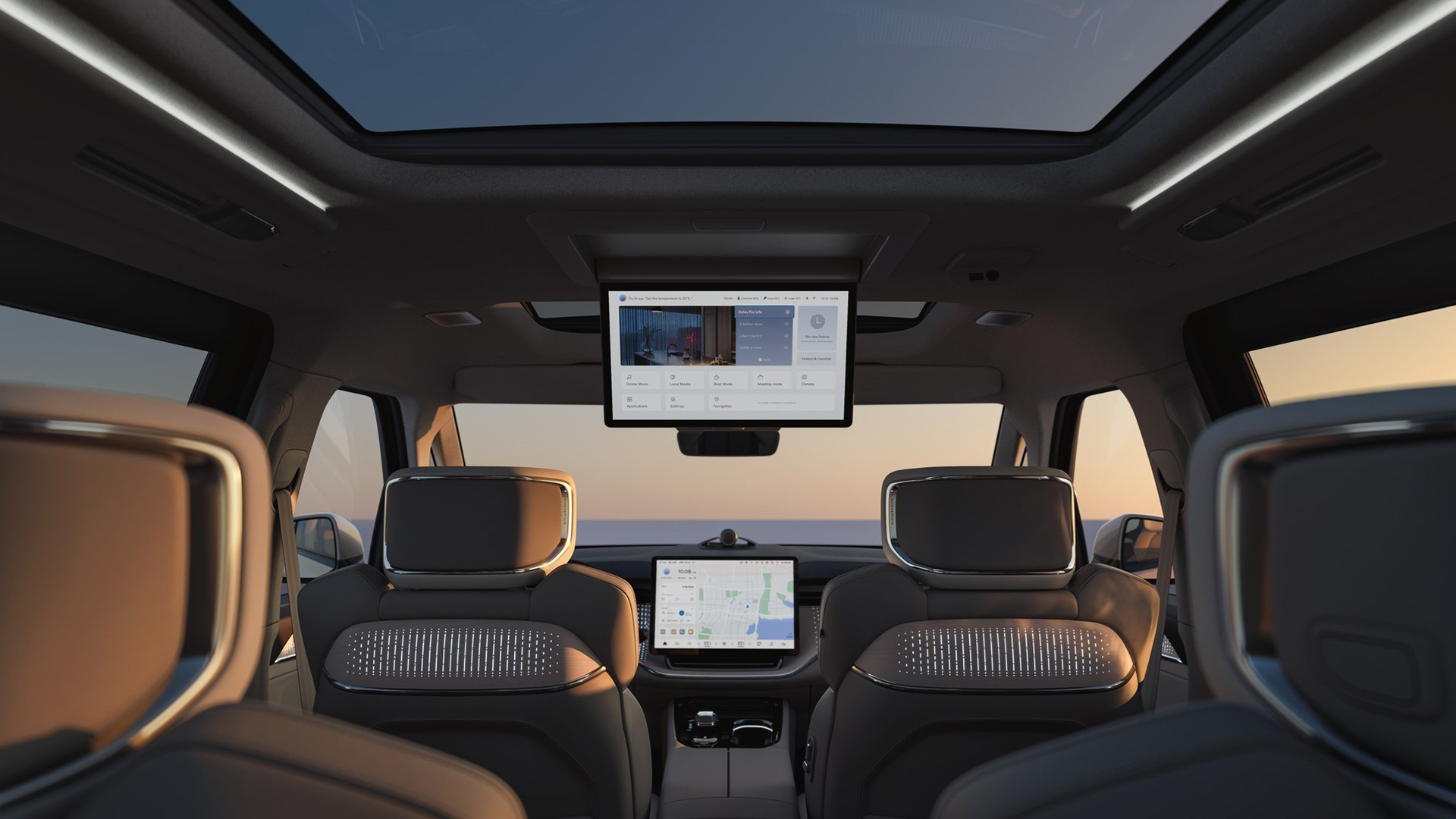
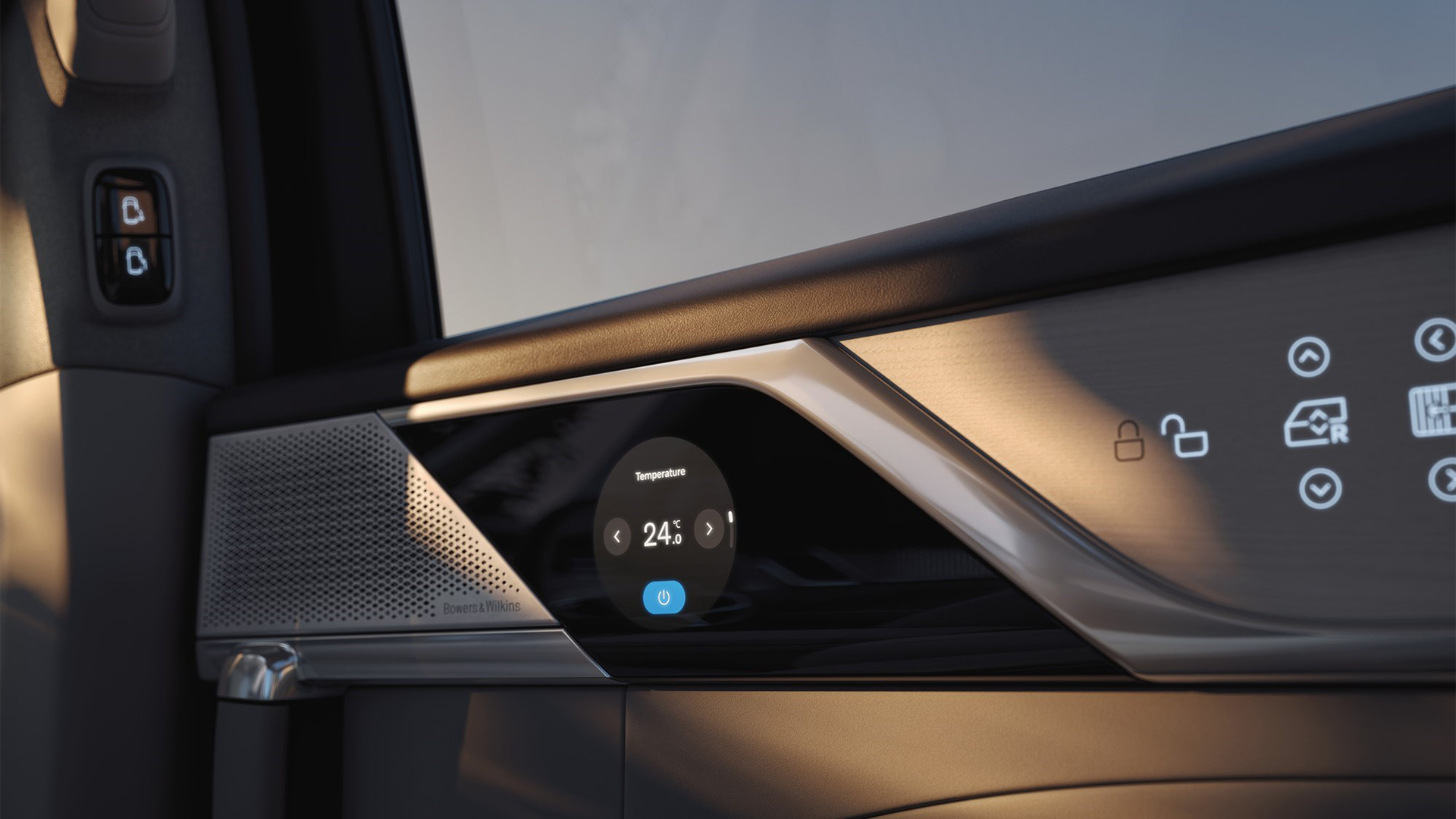
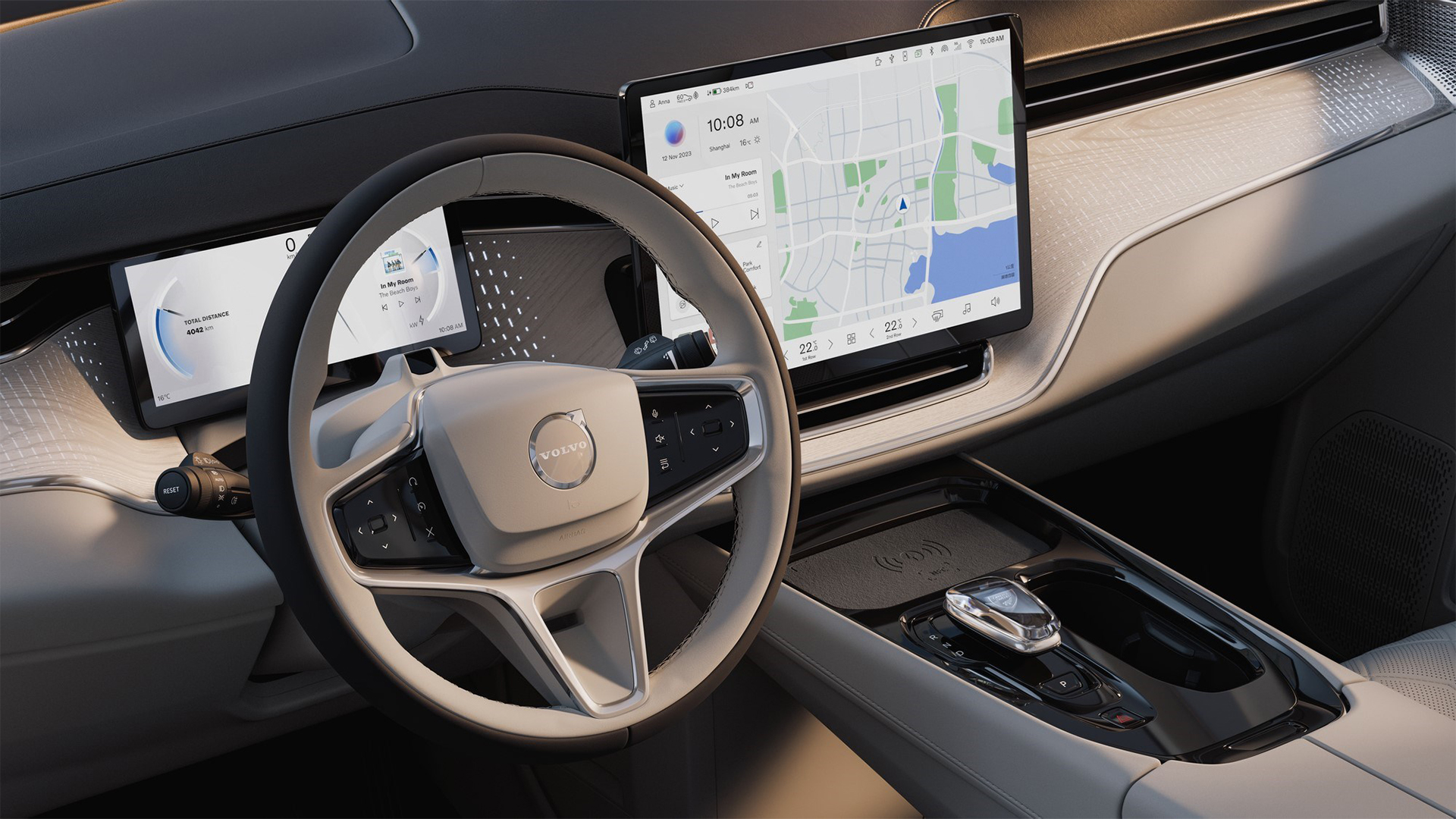
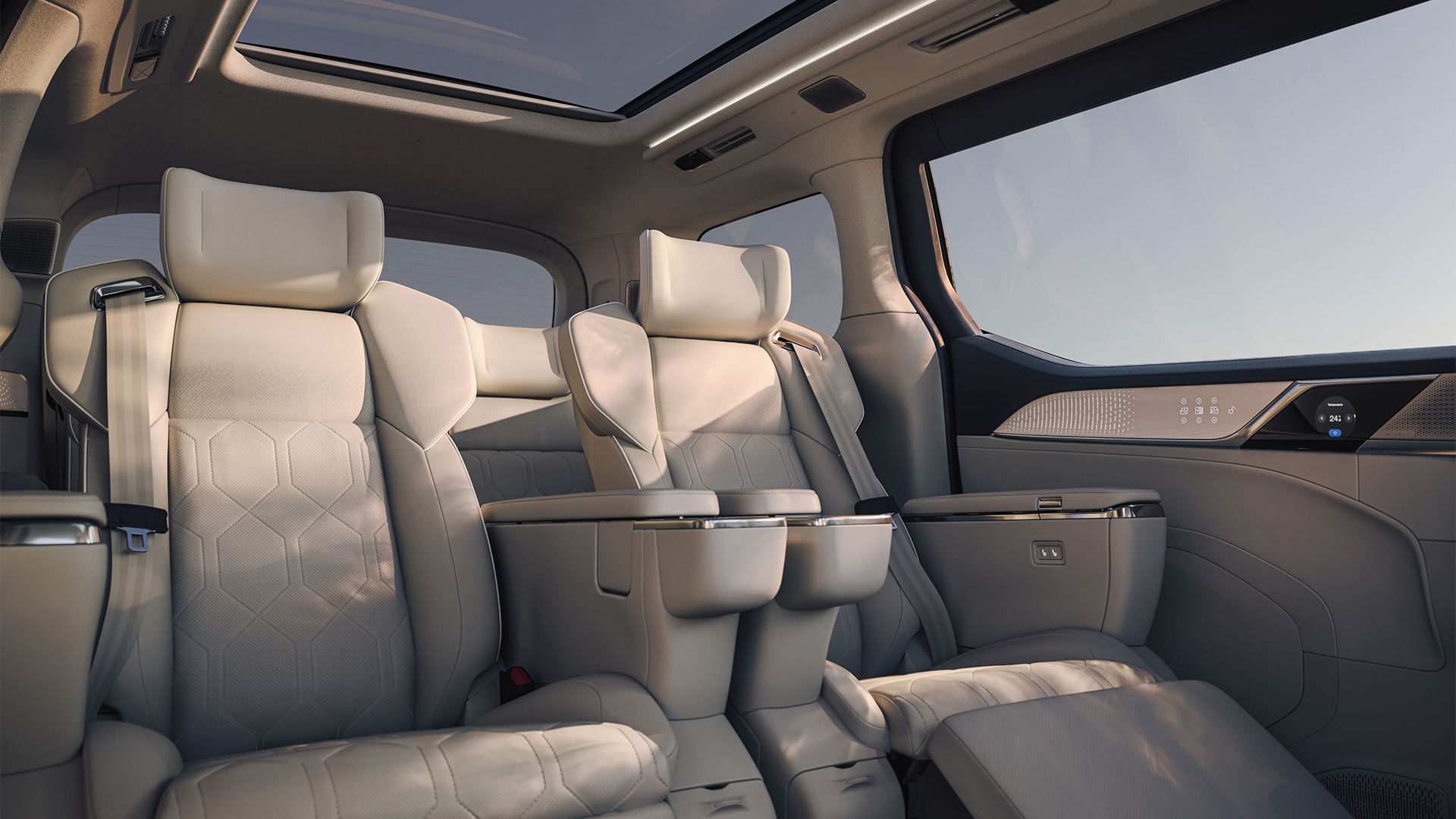
A number of legacy automakers have also been exploring this model, including BMW and Mercedes-Benz, with plenty more predicted to jump on the bandwagon. If done correctly, it could drive down the cost of 'entry-level' EVs, with barebones offerings providing the cheapest entry to electric motoring.
From here, customers could choose to subscribe to things like heated seats, or to unlock gaming functionality through the infotainment system.
However, this reliance on software and over the air (OTA) updates has caused many industry insiders, including this writer, to mull the shelf life of modern EVs. Will they be updated into obscurity, like that iPad that's stuffed under your sofa?
It's a very real concern, and one that is currently affecting the residual values of electric vehicles. Some buyers just aren't confident they will hold their value like many internal combustion engine cars historically have.
Driving down insurance
Aside from grumblings around the public charging network and general waiting times, one of the most pertinent bones of contention among today's EV owners is the sticky issue of insurance.
The bottom line is, EVs are expensive to insure. Today's purchase price is high, damaged batteries are expensive to repair (because very few actually know how) and performance from electric motors is inherently brisk.
Tesla hasn't escaped this and coupled with the confusion surrounding its Auto-Pilot and Full Self Driving technology, it has created a perfect storm for insurance prices.
But when Tesla owners started complaining that their insurance quotes were proving far too expensive, Musk took matters into his own hands. As one of the most powerful human beings in the world, he simply set up his own insurance company.
Seeing as its cars harvest unfathomable amounts of data during every drive, Tesla is able to provide premiums on how the individual drivers behaves on the road. "We use existing technology in our vehicles to track your real-time driving behavior, no additional hardware required," it says.
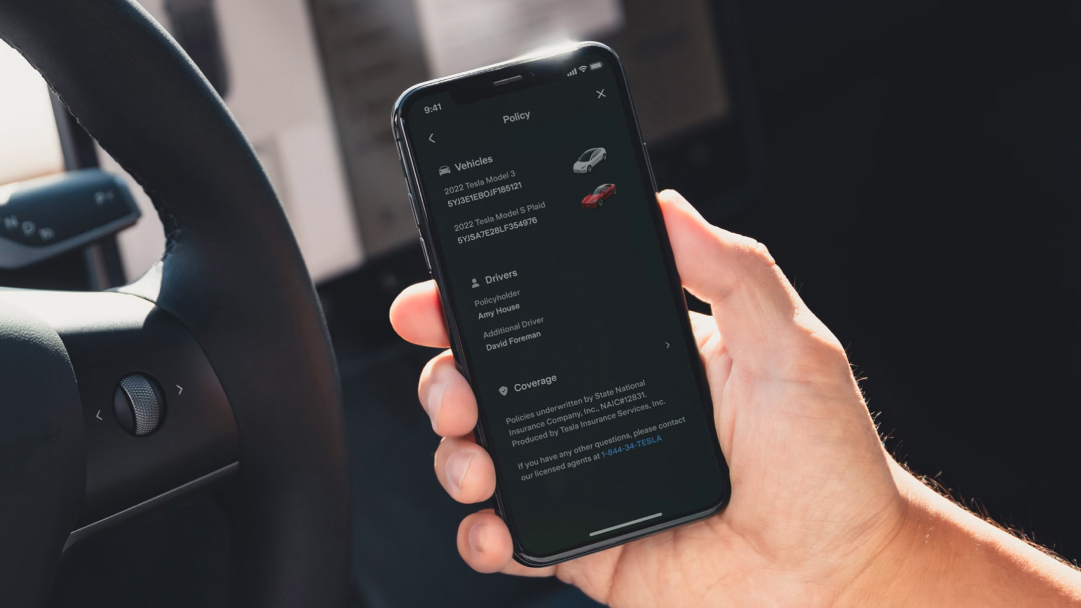
Customers sign up through Tesla’s in-house app, which features a Safety Score (currently in Beta). The app then takes data from the vehicle’s various onboard sensors to determine a monthly Safety Score, which determine’s next month’s premium.
Although not completely new, seeing as telemetry devices have been used by insurers in an attempt to lower premiums, it is novel that an automaker only wants to insure its own cars.
"When you’re providing specific insurance for a vehicle, you can more tightly control those relative costs and you can see the absolute risk that your buyers or users offer, and therefore you can give a more bespoke product that may be more competitive than a general insurer," Matthew Avery of Thatcham Research told Wired in an interview.
The more data Tesla harvests about its drivers, the more it can look to reduce premiums for its owners. According to US insurance and credit card specialist ValuePenguin, Tesla's insurance prices are up to 49 per cent cheaper than the largest insurers, depending on the State.
Tesla's offering is far from perfect, as some early customers have complained of poor customer service, long waiting times for repairs and delayed reimbursements following accidents. Regardless, it has the potential to catch on with other EV makers, especially as most modern vehicles now boast the required sensors and connectivity to deliver the reams of data required.
You might also like

Leon has been navigating a world where automotive and tech collide for almost 20 years, reporting on everything from in-car entertainment to robotised manufacturing plants. Currently, EVs are the focus of his attentions, but give it a few years and it will be electric vertical take-off and landing craft. Outside of work hours, he can be found tinkering with distinctly analogue motorcycles, because electric motors are no replacement for an old Honda inline four.